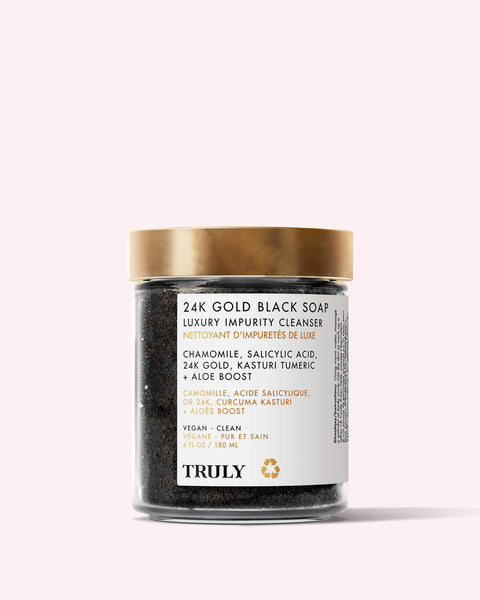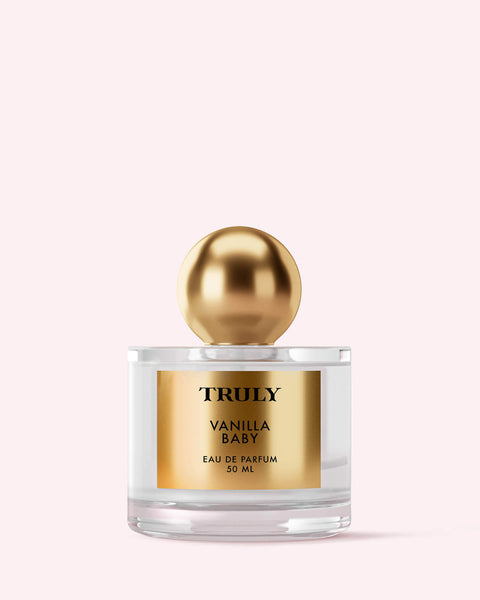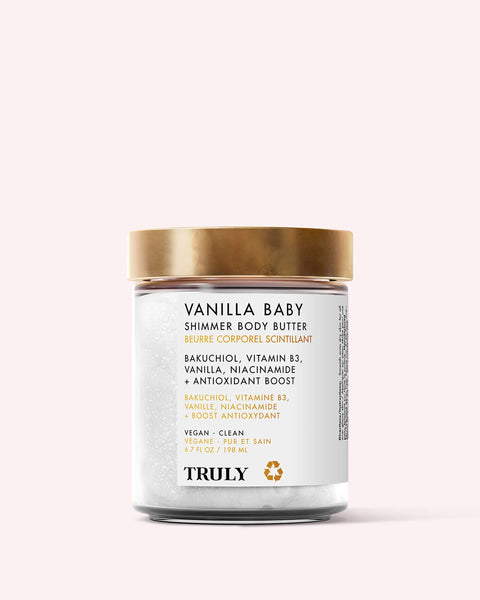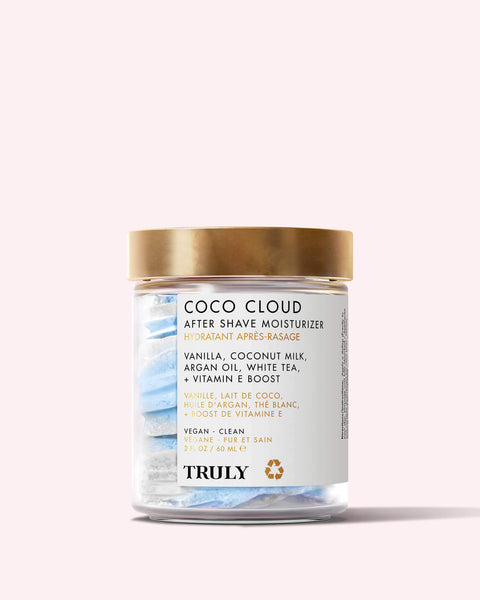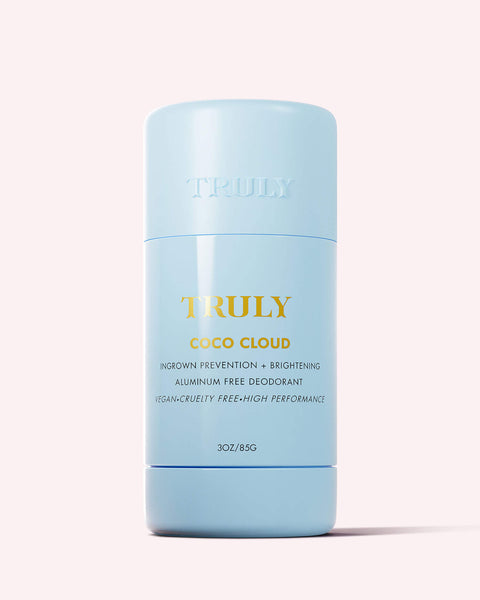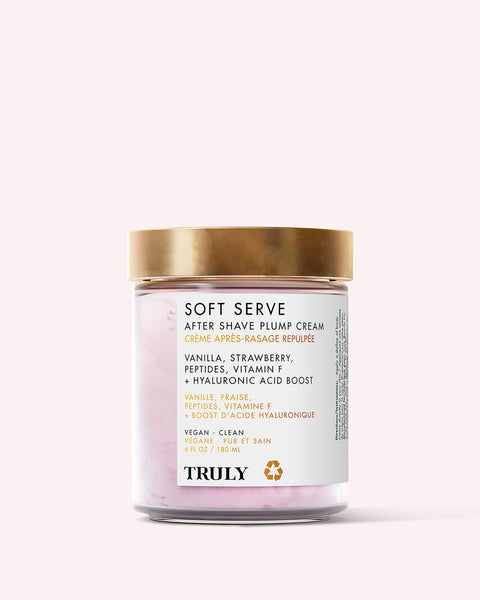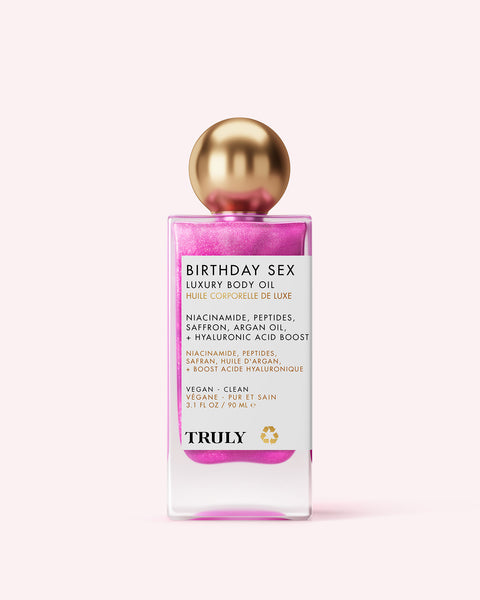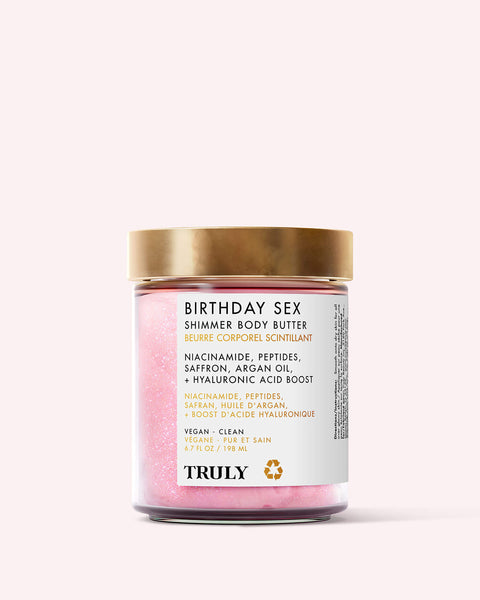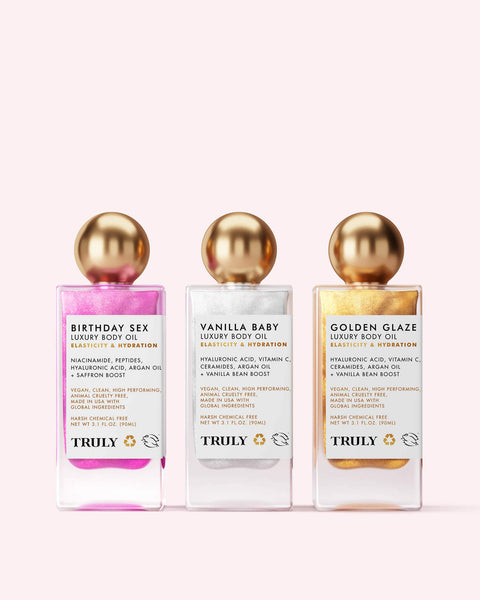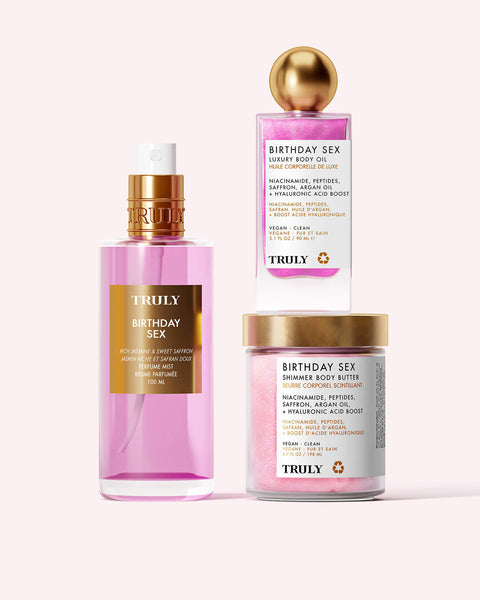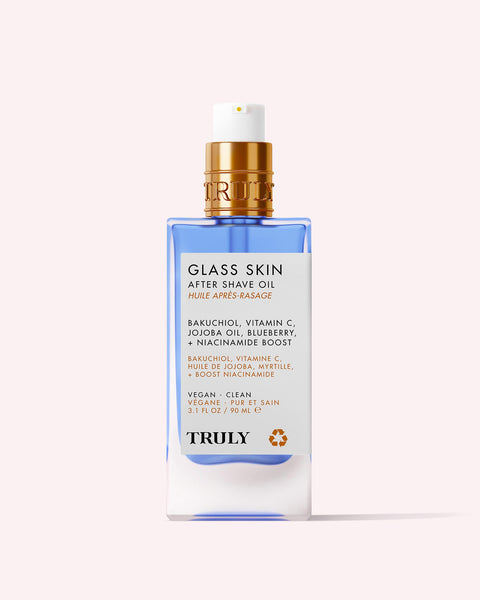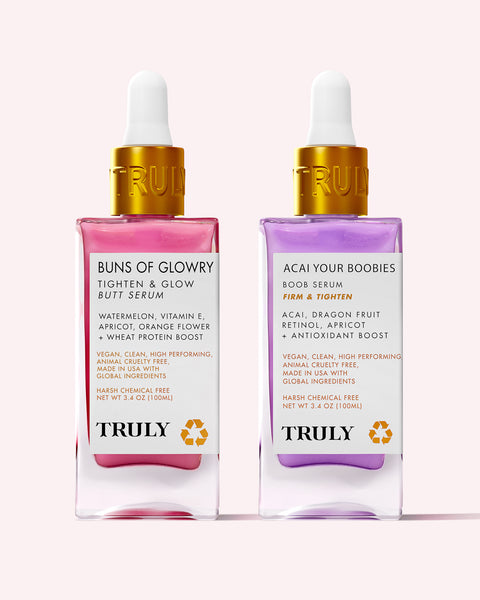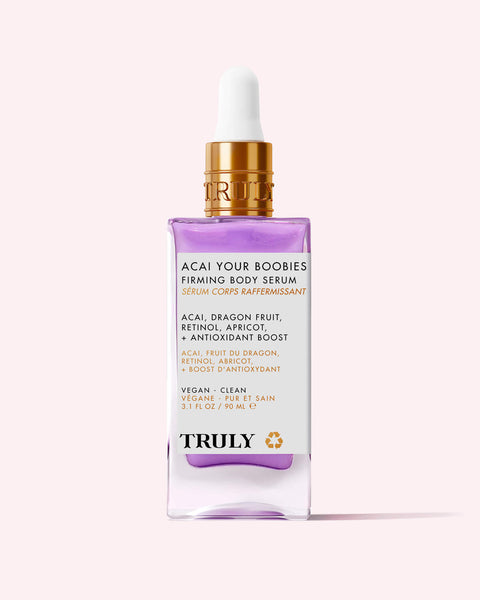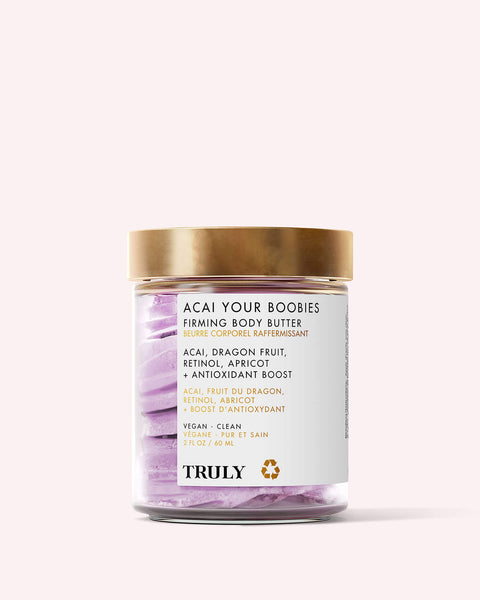How Sunscreen Saves Your Skin

Sunscreen is a must-have daily product that can literally save your skin.
Back in 2016, a small study found that the daily use of broad-spectrum sunscreen may visibly reverse existing skin damage, including hyperpigmentation, reddening, roughness, and uneven skin tone. It can also protect you from skin aging.
To sum up, if you want to keep your skin looking beautiful and youthful, use a sunscreen with SPF 30 every day without fail.
Here's everything you need to know about SPF and its impacts on the skin.
WHAT EXACTLY IS SUNSCREEN?
The sun omits two kinds of UV rays that are damaging to the skin: UVA and UVB rays. The trouble with UVA rays is that they penetrate deep into the skin, resulting in long-term skin damage like premature aging. UVB rays are equally as harmful to your skin. They burn the surface of the skin, causing sunburns and in the long run, skin cancer.
Sunscreen contains active ingredients that protect your skin against UV radiation. It absorbs, deactivates, and reflects sun rays to keep your skin healthy under sun exposure. In other words, sunscreen blocks the UV rays that contribute to skin damage and skin aging. It should be an essential part of your skincare routine.
AND WHAT ABOUT SPF?
SPF stands for "Sun Protection Factor." Its role is to measure sunscreen's UVB protection abilities. For example, you'll see all kinds of SPF values - SPF 15, SPF 30, and SPF 50.
The SPF number indicates how long the sun’s UV radiation would take to cause reddening in your skin when using the UVA protection versus the amount of time without any sunscreen. SPF 30, for instance, would take you 30 times longer to burn than if you weren’t wearing sunscreen and allows only about 3 percent of UVB rays to hit your skin.
Ideally, a sunscreen with higher SPF protection and broad-spectrum coverage offers the best sunburn protection UVA damage protection than and DNA damage than sunscreen products with lower SPF values.
SUNSCREEN PREVENTS PREMATURE AGING OF THE SKIN
One of the biggest benefits of sunscreen is its potent anti-aging effects. Any dermatologist will tell you the same thing: wearing sunscreen now (no matter your age) will prevent effects of aging in the future. It really is the best investment for your complexion. So how exactly does SPF prevent aging?
Sun damage from UV rays causes photoaging of the skin - a thick, leathery look and discoloration. This breakdown of collagen contributes to fine lines, wrinkles, and sagging of the skin. According to studies, people under the age of 55 who wear sunscreen daily have 24 percent less chance of experiencing premature aging than those who don't.
IT CAN EVEN REVERSE SIGNS OF SKIN AGING
Applying high-spf sunscreen on a daily basis isn't just a preventative measure for aging skin, it can also treat common signs of aging like wrinkles, photoaging, and hyperpigmentation.
A study led by dermatologists Steven Wang and James Leyden, showed significant improvements in the several signs of aging caused by the sun, such as texture, fine lines, and tone. All it took was a daily application of moisturizer with SPF 30 for participants to see improvements of 52 percent in sun spots, 41 percent in skin clarity, and 40 percent in skin texture after one year of use.
"The most plausible answer has to do with skin’s innate regenerative properties," explains Wang. "We know that skin turns over every 28 days. By preventing the continual accumulation of more and more damage, we allow the skin to heal on its own."
In other words, using sunscreen with a high SPF rating gives your skin a chance to rest and recuperate, instead of constantly defending itself from UV exposure.
HOW AND WHEN TO APPLY SUNSCREEN?
For best results, use sunscreen every day. Even on days when it's not sunny, you should still be wearing at least SPF 15. Just because we cannot see the sun or feel the sun, it's still there and its UV rays are still shining on us. That's why you need to keep your skin well protected to prevent premature skin aging.
The number one role when applying sunscreen is to apply enough. Most people don't. Experts estimate that the majority of people only apply around 25% of the recommended amount.
To give you an idea of how much sunscreen you should be using, measure a quarter sized dollop for your face and a shot glass worth of sunscreen for your body. Cover all exposed areas, including your neck, nose, lips, and ears - oh, and the top of your feet too. They are quite commonly forgotten about.
Another thing you should know about applying sunscreen: once a day won't cut it. Reapply sunscreen every 60-90 minutes to keep your skin protected. If you're on vacation and plan on going for a dip in the pool or ocean, make sure you use a water-resistant sunscreen to keep your skin guarded at all times.
SUNSCREEN IS IMPORTANT FOR ALL SKIN TYPES
Just because you don't burn easily, doesn't mean you should skip sunscreen application. Wearing sunscreen is important for all skin types - including those who don't burn easily. Sunburn is an instant reaction, whereas sun damage occurs over time.
Indeed, it is a fact that people with lighter skin are more likely to experience skin cancer. However, it can still affect those with darker skin. For that reason, sun protection mustn't be missed.
Are you a religious sunscreen user? Good for you! You can look forward to a future with beautiful, youthful skin.
Only use it occasionally? Don't even own a bottle of sunscreen?
It's never too late to start adopting safe-sun practices in your life. Besides wearing sunscreen, you can also keep yourself protected from the sun by wearing a hat, sunglasses, protective clothing, and also by limiting sun exposure. Avoid the most sun-prevalent times of the day from 10 a.m and 4 p.m.
A good sun protection lotion is the best investment you can make for your skin - and you can start right now.










